Table of Contents
- The Direct Answer You Need Right Now
- Oregano vs Italian Seasoning: What You Must Know
- When Substitution Works (and When It Ruins Your Dish)
- Key Differences at a Glance
- Simple Usage Rules for Perfect Results
- Common Misconceptions Debunked
- Your Top Questions Answered
- Putting It All Together
The Direct Answer You Need Right Now
If you're standing in your kitchen wondering "can I use oregano instead of Italian seasoning" for tonight's dinner, here's what matters most: You can substitute pure oregano for Italian seasoning only in Southern Italian recipes like pizza or tomato-based sauces, but you'll need to add complementary herbs to compensate for missing flavors. For most other dishes, Italian seasoning contains too much basil and not enough oregano to work as a replacement.
When substituting in a pinch:
- For Italian seasoning → Oregano: Use 1 teaspoon oregano + ¼ teaspoon dried basil + ⅛ teaspoon thyme per tablespoon of Italian seasoning
- For Oregano → Italian seasoning: Use ¾ tablespoon Italian seasoning per teaspoon of oregano (but avoid in pizza sauce)
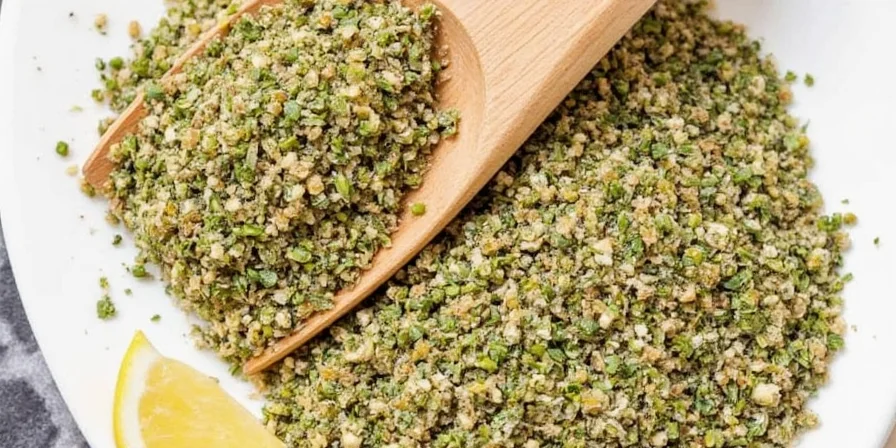
Oregano vs Italian Seasoning: What You Must Know
Understanding these differences solves the "oregano vs Italian seasoning pizza" dilemma that frustrates home cooks.
What is Oregano?
Oregano is a single herb (Origanum vulgare) with a bold, earthy flavor essential for authentic Italian cooking. It's not a blend—it's one specific ingredient you'll find growing wild in Mediterranean regions.
- Flavor profile: Peppery with subtle floral notes
- Best uses: Pizza, tomato sauces, grilled meats
- Regional fact: Southern Italian recipes rely heavily on oregano
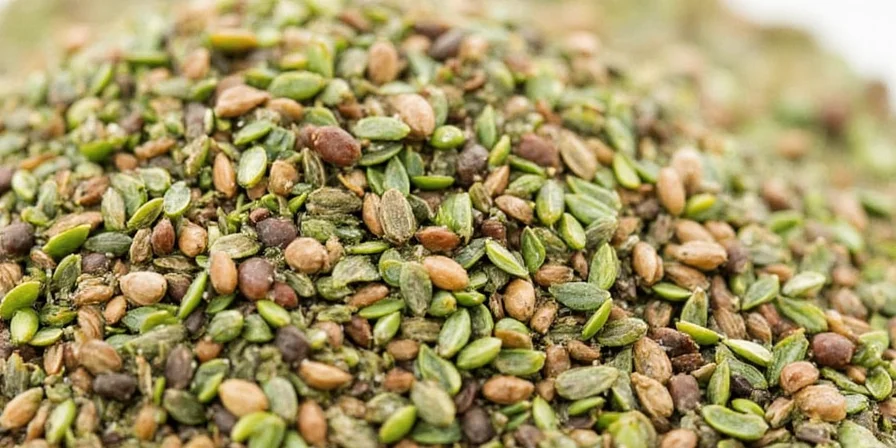
What is Italian Seasoning?
Italian seasoning is an American invention—a convenient blend created for supermarket shelves. No traditional Italian kitchen uses "Italian seasoning" as it's not authentic to regional Italian cooking.
Standard blend composition:
- Oregano (40%)
- Basil (30%)
- Marjoram (15%)
- Thyme (10%)
- Rosemary (5%)

When Substitution Works (and When It Ruins Your Dish)
Most "can I substitute Italian seasoning for oregano" questions have nuanced answers. The right choice depends on your specific recipe.
When to Use Oregano Instead of Italian Seasoning
- Pizza sauce: Always use pure oregano (Italian seasoning's basil creates wrong flavor profile)
- Tomato-based pasta sauces: Oregano provides authentic Southern Italian flavor
- Grilled meats: Oregano stands up better to high heat
When to Use Italian Seasoning Instead of Oregano
- Cream-based sauces: Italian seasoning's basil complements dairy better
- Vegetable roasts: Blend's complexity enhances multiple vegetables
- Weeknight shortcuts: When authentic regional cuisine isn't the goal
| Recipe Type | Best Choice | Why |
|---|---|---|
| Pizza sauce | Oregano | Italian seasoning's basil creates wrong flavor profile |
| Marinara sauce | Oregano | Authentic Neapolitan recipes call for pure oregano |
| Creamy pasta sauce | Italian seasoning | Basil complements dairy elements better |
| Vegetable roast | Italian seasoning | Herb blend complexity enhances multiple vegetables |
Key Differences at a Glance
These differences explain why "what is the difference between oregano and Italian seasoning" is such a common search.
| Characteristic | Oregano | Italian Seasoning |
|---|---|---|
| Nature | Single herb | 5-herb blend |
| Best for authentic | Southern Italian dishes | No traditional Italian dishes |
| Flavor profile | Peppery, earthy | Sweet (from basil), complex |
| When to add | Early in cooking | Middle to end of cooking |
Simple Usage Rules for Perfect Results
Follow these practical guidelines instead of searching "how to use Italian seasoning instead of oregano" when dinner's already cooking.
For Oregano
- Add early: When sautéing onions/garlic for sauces
- Amount: ½ teaspoon per 2 cups sauce (too much creates bitterness)
- Pro tip: Crush between fingers before adding to release oils
For Italian Seasoning
- Add later: During last 10 minutes of cooking
- Amount: 1 teaspoon per 2 cups sauce
- Pro tip: Bloom in olive oil before adding to dishes
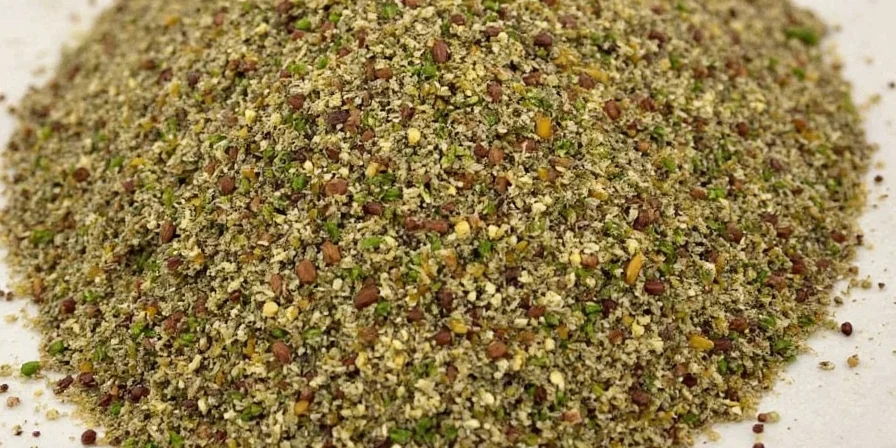
Common Misconceptions Debunked
Let's clear up confusion around "is Italian seasoning just oregano" and similar questions.
Myth: "Italian Seasoning Is Used in Italy"
Truth: Italian seasoning is an American supermarket creation. Traditional Italian cooking uses individual herbs, never pre-mixed "Italian seasoning."
Myth: "All Italian Seasoning Blends Are the Same"
Truth: Brands vary significantly—some contain 20% oregano while others have 50%. Always check the ingredient list.
Myth: "More Herbs Always Means Better Flavor"
Truth: Too much oregano creates bitterness. The sweet spot is ½ teaspoon per 2 cups of sauce for balanced flavor.
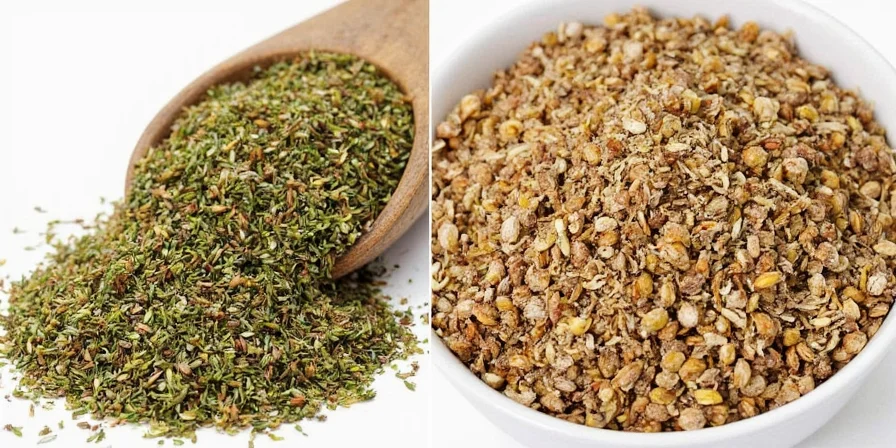
Your Top Questions Answered
Can I use oregano instead of Italian seasoning in chicken parmesan?
Yes, but use only ¾ the amount of oregano compared to Italian seasoning. Chicken parmesan benefits from Italian seasoning's basil, so consider adding a pinch of dried basil if using pure oregano.
What's a good homemade Italian seasoning recipe?
Mix 4 parts oregano, 3 parts basil, 2 parts marjoram, 1 part thyme, and ½ part rosemary. For authentic Southern Italian flavor, increase oregano to 5 parts and reduce basil to 2 parts.
Why does my pizza sauce taste bitter when I use Italian seasoning?
Italian seasoning contains too much basil for pizza sauce. Authentic Neapolitan pizza sauce uses only oregano. The basil in Italian seasoning creates an unbalanced flavor when cooked with tomatoes.
Can I substitute Italian seasoning for oregano in Greek dishes?
No. Greek cuisine uses a different oregano variety with higher carvacrol content. Italian seasoning's basil content creates flavor conflicts in Mediterranean dishes.
Putting It All Together
Understanding the difference between oregano and Italian seasoning solves the "oregano vs Italian seasoning" confusion that ruins many home-cooked Italian meals. Remember these simple rules:
- For authentic pizza or tomato sauces: Always use pure oregano
- For cream-based or vegetable dishes: Italian seasoning works well
- When substituting: Adjust quantities and consider adding missing herbs
Stop guessing and start cooking with confidence. Your perfect Italian dish is just the right herb choice away.
Great cooking begins with understanding your ingredients—not substituting blindly.
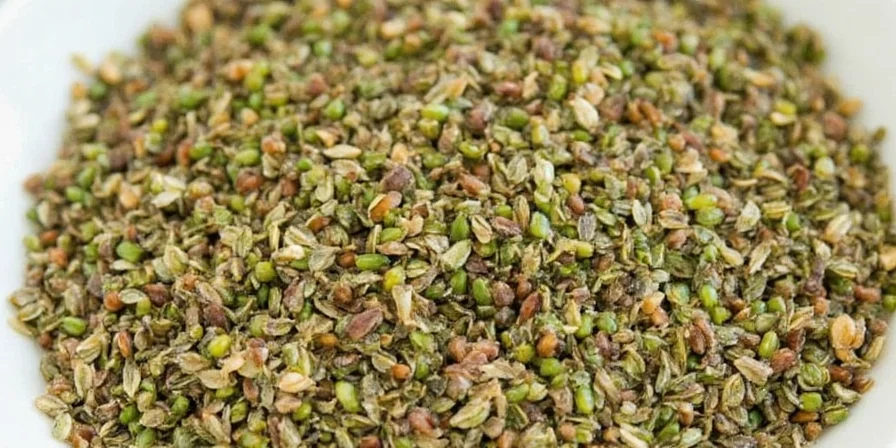

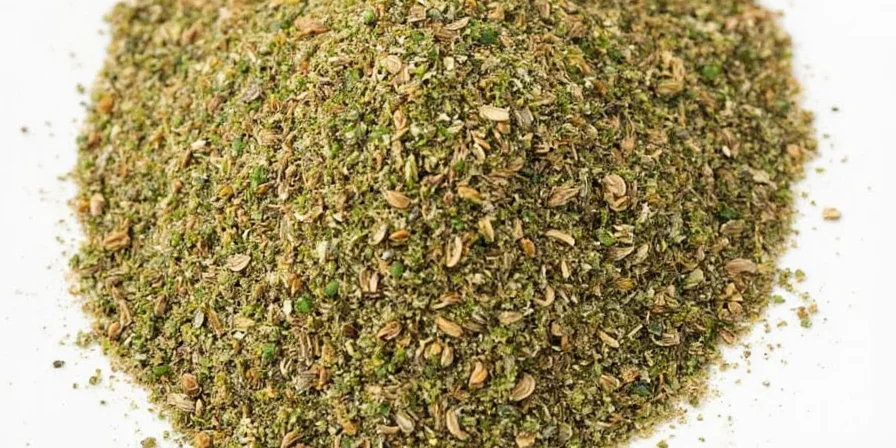









 浙公网安备
33010002000092号
浙公网安备
33010002000092号 浙B2-20120091-4
浙B2-20120091-4